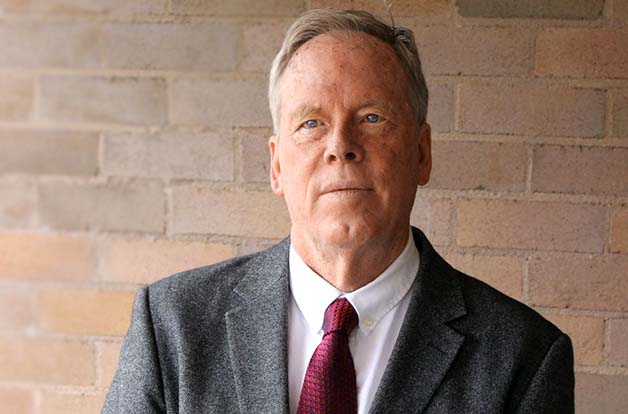IFA Conference Toronto 8-10 August 2018
“Ageing is not new (to the human condition); longevity is. No society is adequately prepared for this change.” (Dr Lam Ching-Choi, Hong Kong).
 I went to the conference to present our systematic review on aged prisoner interventions (published in Australasian Journal on Ageing late 2017). This research was sponsored by the Salvation Army Age Care Plus and the team included Rhonda Shaw, Peter Bewert, Mavis Salt and our two research assistants Rebecca Alexander and Brendan Loo Gee. I got an opportunity to present the paper and contribute to a workshop with Henri de Souza, the Canadian Director General of Corrections.
I went to the conference to present our systematic review on aged prisoner interventions (published in Australasian Journal on Ageing late 2017). This research was sponsored by the Salvation Army Age Care Plus and the team included Rhonda Shaw, Peter Bewert, Mavis Salt and our two research assistants Rebecca Alexander and Brendan Loo Gee. I got an opportunity to present the paper and contribute to a workshop with Henri de Souza, the Canadian Director General of Corrections.
The IFA are the International Federation of Ageing. This is truly international conference with delegates from 77 countries. I met many from Australia. I was invited to a plush dinner to celebrate the contribution of Dr John Beard as Director of Ageing at World Health Organization (UN). He is an Australian physician who has worked from out back Australia with our indigenous to New York at the UN. He is a giant in the field and the first keynote speaker of the conference.
I found the conference immediately worthwhile. I heard about the use of deep brain stimulation for dementia from neurosurgeon Dr Andrew Lozano (who came from the operating room to conference 40 minutes before presenting!). This has a good track record with Parkinson’s but is now being explored with clinical trials for Alzheimer’s. Very interesting.
Prof Geoff Fernie of Toronto University emphasised the role of prevention. He made the point that it is hard to change behaviour. For example, people do not tend to aware of slippery surfaces, such as water or ice on the ground, but we can emphasise the importance of universal wearing on shoes that do not have a slippery sole. This principle is universally applicable to all kinds of mediating factors.
I also heard about the idea of cognitive reserve. This originated in the work of Professor Yaakov Stern. It is a theory to explain differences in functional capacity in spite of brain damage. More generally brain reserve relates to more neurons and better brain health; cognitive reserve is based on better flexibility. This predicts better functioning even with Alzheimer’s or MS or recovery after a stroke. There are a number of factors that contribute to developing reserve through nutrition, exercise, education, cognitively stimulating. Hence reserve is malleable and can be increased at any stage of life. Australian researchers are contributing to this field.
The approach of the IFA seems more medically based. There was hardly a mention of spirituality or religious. There is a considerable international interest in ageing and perhaps this will help us as we prepare for the 8th International Conference on Ageing and Spirituality to be held in Canberra in October 2019.
Professor Bruce A Stevens Wicking Chair of Ageing and practical Theology, Director CAPS.

